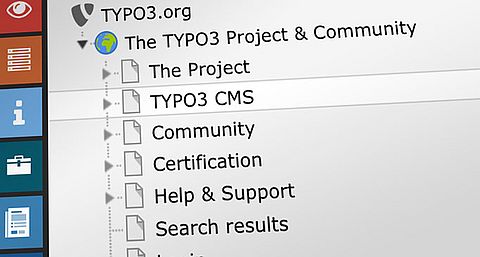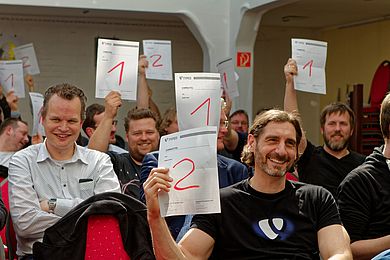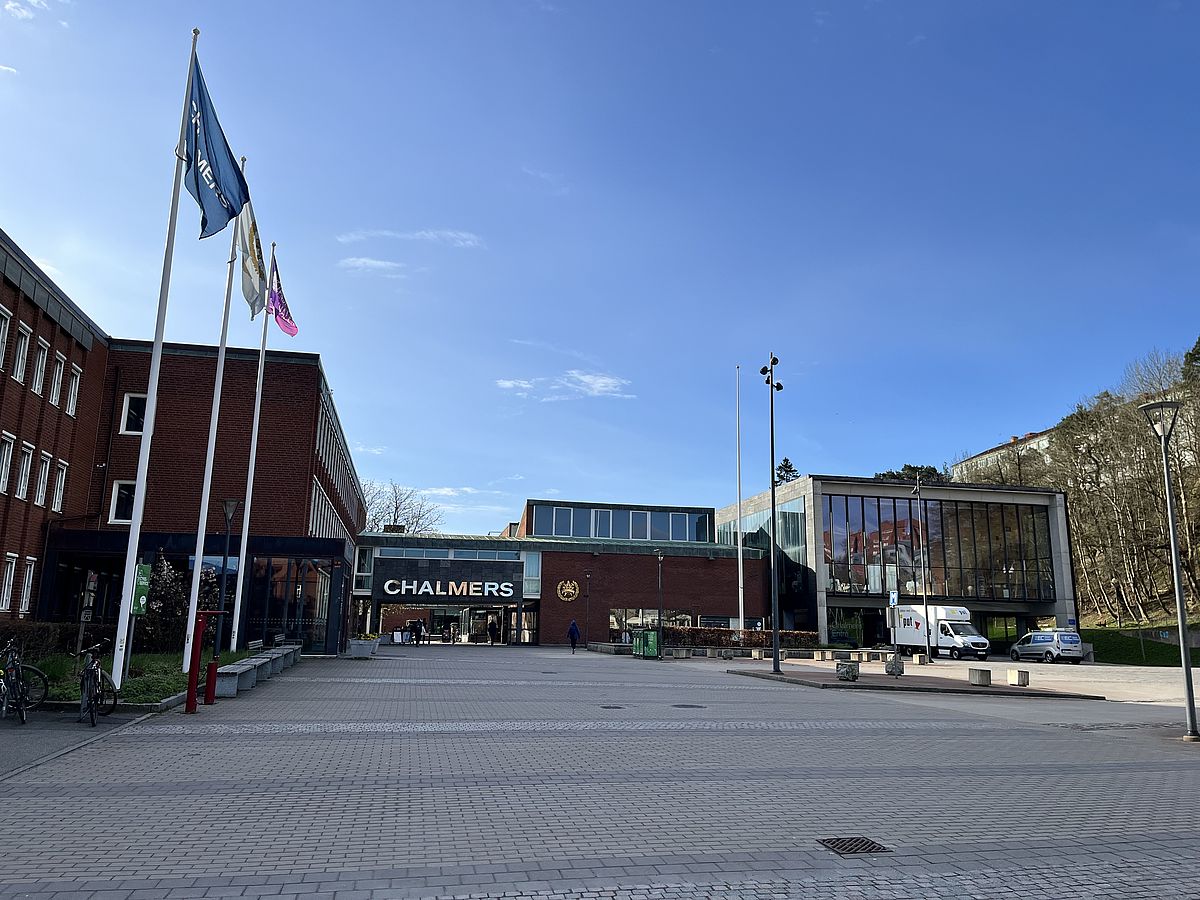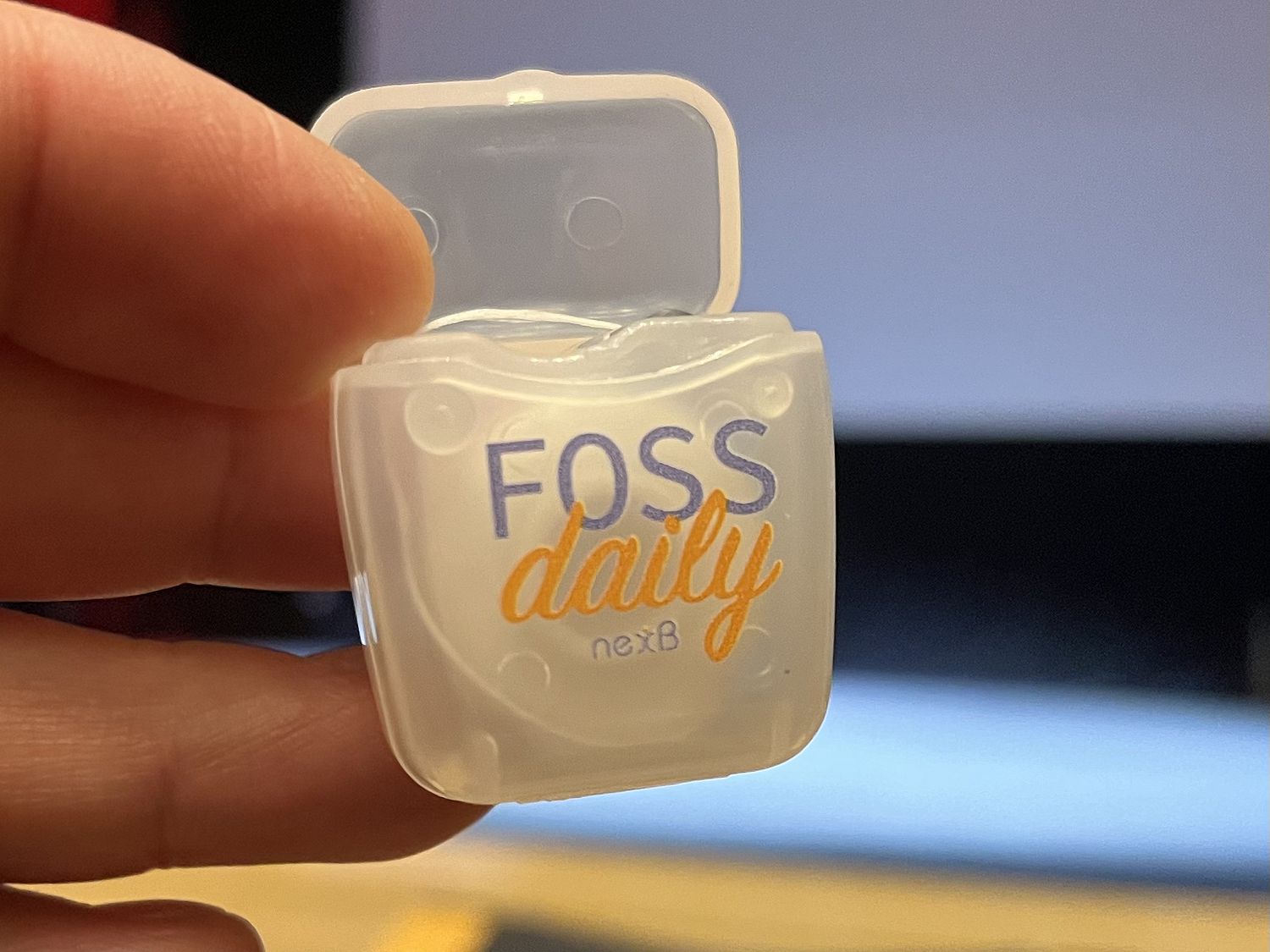Gothenburg, on the Swedish west coast, is sometimes referred to as the Silicon Valley of Northern Europe, located on the axis of a burgeoning international business region spanning from Hamburg, Germany, to Oslo, Norway. With the headquarters of Volvo Cars, the city is also a center for the growing automotive open-source software business.
Mathias Bolt Lesniak attended foss-north in Gothenburg, Sweden, 15–16 April 2024, for the TYPO3 Association, as a part of the Meet TYPO3 initiative. Mathias is theTYPO3 project ambassador. See upcoming Meet TYPO3 events.
A Touch More Individualistic
I attend a lot of conferences, and something that strikes me as different at general open-source conferences, compared with open-source CMS events, or frankly any other kind of conference, is that these conferences seem to be much more individualistic. While many conferences print both name and company in large letters on the name badge, the foss-north badges showed the attendee’s name only. This gives the impression that those attending were representing themselves, and not a business, initiative, or project.
Maybe it is because the topic of open source is so broad. Or perhaps because open source outside of the CMS space is so much more technical. Indeed, the foss-north conference intentionally focusses on a technical perspective. I felt I was missing a community perspective, and while previous foss-north events have included a Community Day, it was missing from the event this year. (I hear it will be back next year and that will be a welcome inclusion.)








